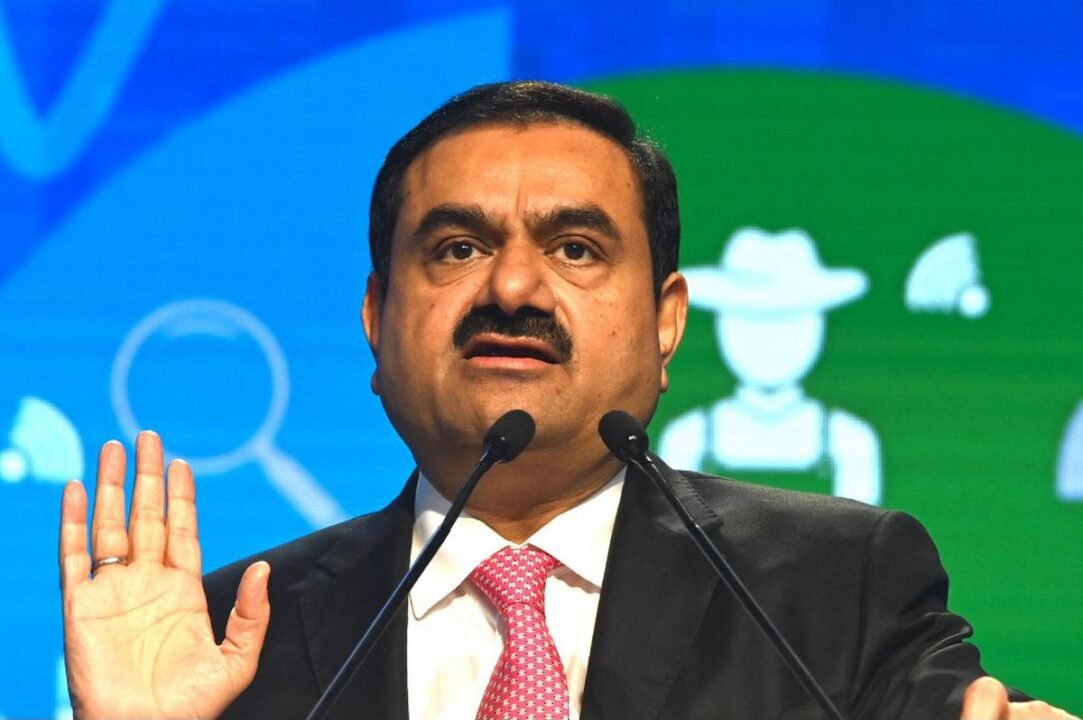HT Bureau
GUWAHATI, Feb 11: On Anti-Smuggling Day 2025, Philip Morris International’s (PMI) India affiliate, IPM India, has urged cross-sector and international collaboration to combat the illicit tobacco trade.
The company emphasized that eradicating the black market is critical for protecting India’s economic interests, national security, and public health.
According to the FICCI Cascade report, illegal trade is a global crisis, driving a shadow economy worth an estimated $2 trillion annually—over 3% of global GDP.
Around 11.6% of cigarettes consumed worldwide are illicit, resulting in an estimated $40.5 billion in tax losses for governments.
The illicit trade undermines legitimate businesses, diverts crucial revenue from governments, funds criminal organizations, and exposes consumers to unregulated products.
In India, the total loss to the government from illicit tobacco trade was ₹13,331 crore in 2022.
The country recorded 30.2 billion illicit cigarette sticks that year, ranking it third globally after China and Brazil, according to Euromonitor International’s 2023 report.
The World Health Organization (WHO) Framework Convention on Tobacco Control has identified India as both a transit hub and a key destination for illicit tobacco trade.
Smuggling routes span the globe, making this a transnational issue that requires international cooperation.
The Government of India and enforcement agencies, including the Directorate of Revenue Intelligence (DRI) and Customs, have taken significant steps to combat the problem.
The DRI’s Smuggling in India 2023-24 report revealed that approximately 91 million sticks of foreign-origin cigarettes worth ₹179.82 crore were seized in India.
These operations demonstrate the sophistication of smuggling techniques and the involvement of transnational criminal networks.
Navaneel Kar, managing director of PMI India, emphasised the urgent need to curb the black market, stating that illegal tobacco trade hampers economic growth and development.
He highlighted PMI’s commitment to combating illicit tobacco trade through research, intelligence, supply chain protection, partnerships, cooperation with law enforcement, and awareness campaigns. He also noted the company’s collaboration with Indian law enforcement to track and secure supply chains using authentication and security technologies.
Kar stressed that real change can only be achieved through stringent law enforcement, cross-sector collaboration, and public-private partnerships.
A comprehensive approach involving strong enforcement, awareness campaigns, intelligence-sharing, a stable regulatory environment, and coordinated international efforts is essential to dismantling black markets.












